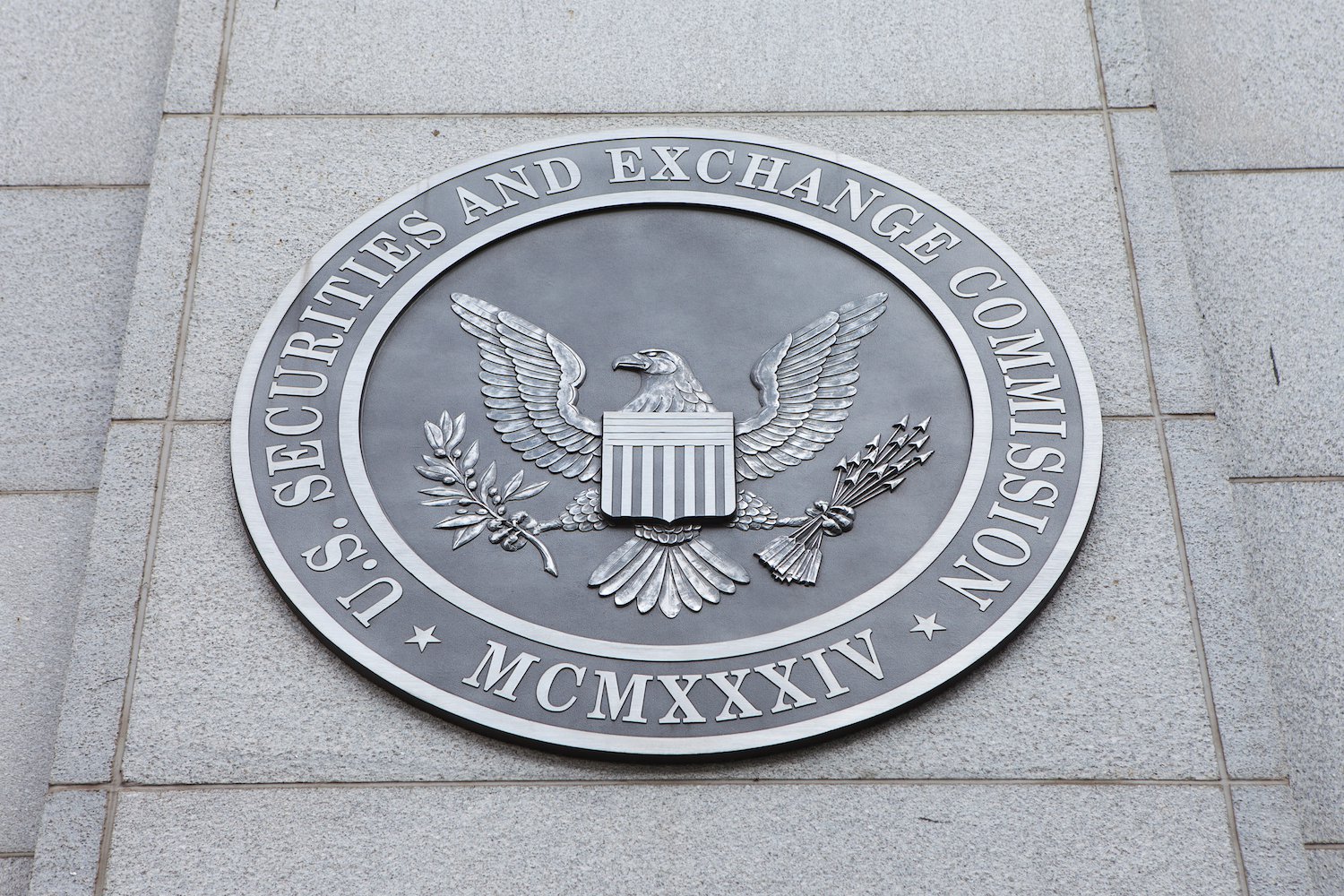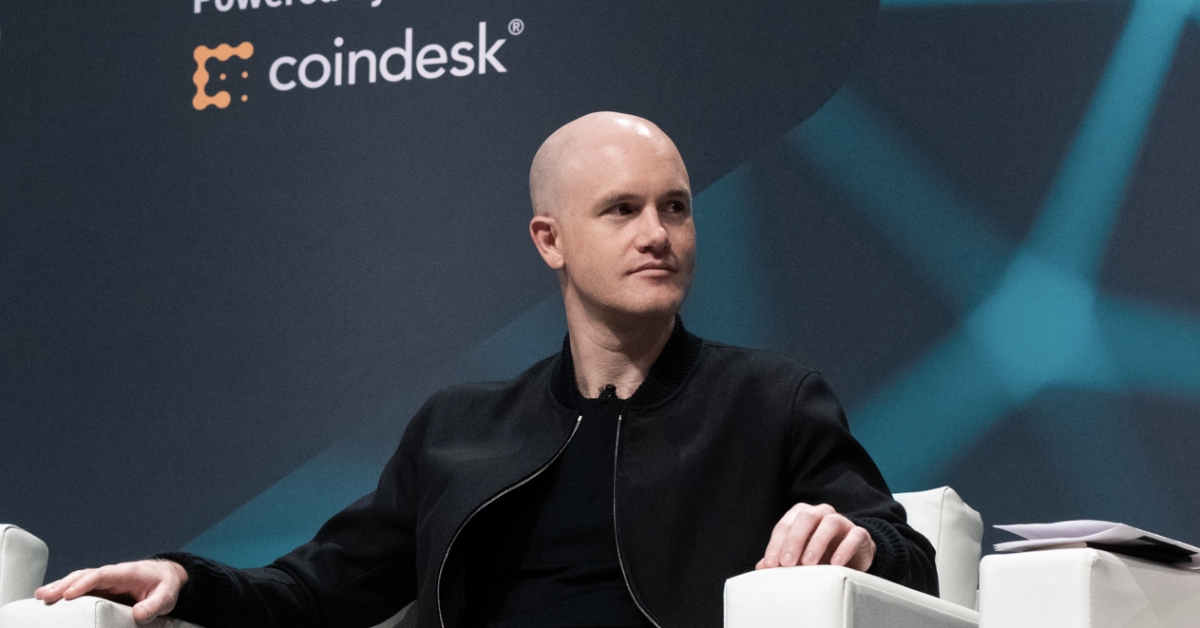After GOP Debate, Blockchain Bettors See Ramaswamy as Most Formidable Trump Challenger
In Wednesday night’s first debate for the 2024 U.S. Republican presidential nomination, candidates swapped barbs in an attempt to steal the spotlight from former President Donald Trump, the party’s clear front-runner, who opted to skip out on the debate in favor of an interview with recently ousted Fox News host Tucker Carlson.
Assessing any given candidate’s election odds typically means turning to polls or pundits. But pundits are a messy indicator for judging a political race, and polls are too slow to measure things in real-time. Enter prediction markets.
Blockchain-based betting platforms like Polymarket and Manifold have thin legal standing in the United States, but their pitch is that they allow users to bet on practically anything. While the accuracy of prediction markets for measuring election odds is debatable, the tools still provide an interesting bellwether of public opinion.
In a nutshell, blockchain bettors didn’t appear to change their odds-making much as a result of Wednesday’s debate, but crypto betting platforms do show that Vivek Ramaswamy, a Bitcoin-friendly entrepreneur who won plaudits for his performance, has overtaken Florida Governor Ron DeSantis in the past week as the clear frontrunner to challenge Trump.
Users of Polymarket, the largest blockchain-based prediction market, have put up nearly $5 million so far to bet on the outcome of the Republican nomination race – this despite the fact that Polymarket is illegal to use for placing bets in the United States. In 2022, the U.S. Commodities Futures and Exchange Commission charged Polymarket with facilitating illegal binary swaps. As part of its settlement with the CFTC, Polymarket paid a $1.4 million fine and agreed to force U.S. users of the platform into “view only” mode.
While Polymarket’s GOP betting lines have been relatively stationary since last night’s debate, one might still expect to see more betting activity (and volatility) as the race progresses given the amount of money that has already flooded the platform in relation to the 2024 presidential race.
As things currently stand, Polymarket’s clear frontrunner – in line with most polling – is Donald Trump.
In betting markets, the higher it costs to vote in favor of a given outcome, the more likely that outcome is considered. On Polymarket, it currently costs 71 cents to bet in favor of a second Trump nomination and 32 cents to bet against. In practical terms, what this means is that if Trump wins the nomination, those who bet in his favor are set to earn $1 for every 71 cents they bet. If he loses, they get nothing.
Florida Governor Ron DeSantis entered last night’s debate with the most to win and the most to lose. Once viewed as the biggest GOP threat to a second Trump presidency, DeSantis dropped far behind the former president in most polls following a series of campaign shake-ups and funding troubles. If Polymarket’s numbers are anything to go by, DeSantis’s debate performance didn’t immediately appear to move the mark all that much.
In the past week on Polymarket, votes in favor of DeSantis have decreased from 14 cents to 12 cents.
Entrepreneur and right-wing political newcomer Vivek Ramaswamy, meanwhile, was generally lauded by pundits after last night’s debate for managing to distinguish himself in a field of better-known politicians. Polymarket bettors – in line with prediction markets on average – place Ramaswamy cleanly ahead of the Florida governor in the race for the GOP nomination.
Over the past week, bets in favor of Ramaswamy have increased in price from 13 cents to 16 cents.
One might expect to see positive Ramaswamy sentiment on a platform like Polymarket given his pro-Bitcoin policy positions, but his apparent lead in the race for second place is also reflected in polling and traditional betting markets.
As crypto writ large has floundered in recent months, prediction markets have emerged as something of a blockchain mainstay – one of the few crypto use cases that has maintained outside appeal despite its regulatory troubles.
In 2020, bettors in non-blockchain prediction markets reportedly put more than $200 million on the line to speculate about the outcome of that year’s U.S. presidential election.
Polymarket bettors, meanwhile, put up a relatively paltry $10 million on the 2020 showdown between Trump and Biden. The fact that $5 million has already been placed on bets in a far-out, seemingly uncompetitive GOP nomination race suggests this election cycle might break records for blockchain-based betting platforms.
The GOP race has not been the only recent surge in activity for blockchain betting.
When South Korean scientists claimed to have discovered the first room-temperature superconductor in a pre-release research paper last month – a breakthrough that would mark one of the largest scientific leaps in a generation – a corner of the internet took to Polymarket and Manifold to suss out fact from fiction.
Whatever the accuracy of these bettors – many of whom are probably clueless when it comes to cutting-edge material science – the “wisdom of crowds” proved one of the easiest ways for excited non-experts to judge the credibility of the research.
With $2.7 million on the line on Polymarket and 5,600 individual bettors on Manifold, bettors at one point had the odds of the discovery being true at around 50/50; in other words, it briefly cost about the same to bet either way.
Following replication failures and critiques from scientists, however, more recent numbers place the likelihood of floating trains and ultra-efficient quantum computers out of the realm of near-term possibility. On Polymarket, it currently costs 5 cents to earn a dollar if the superconductor research is successfully replicated by 2025.
Edited by Bradley Keoun.









